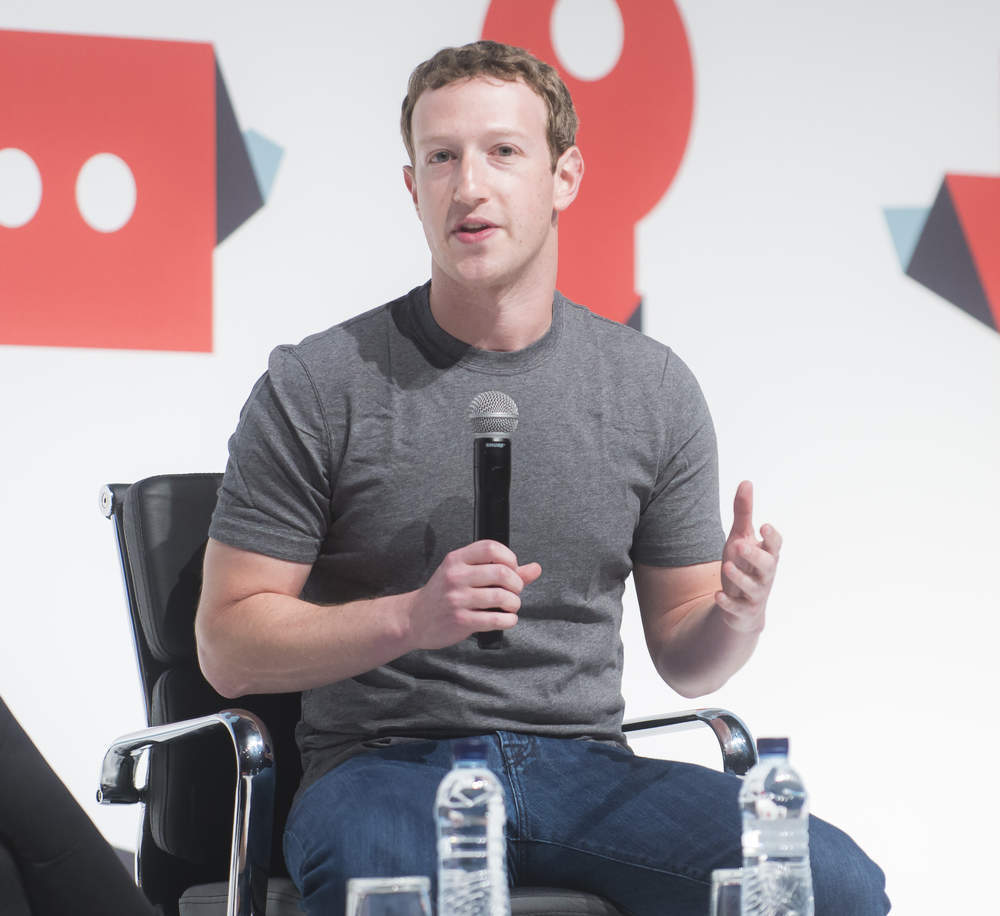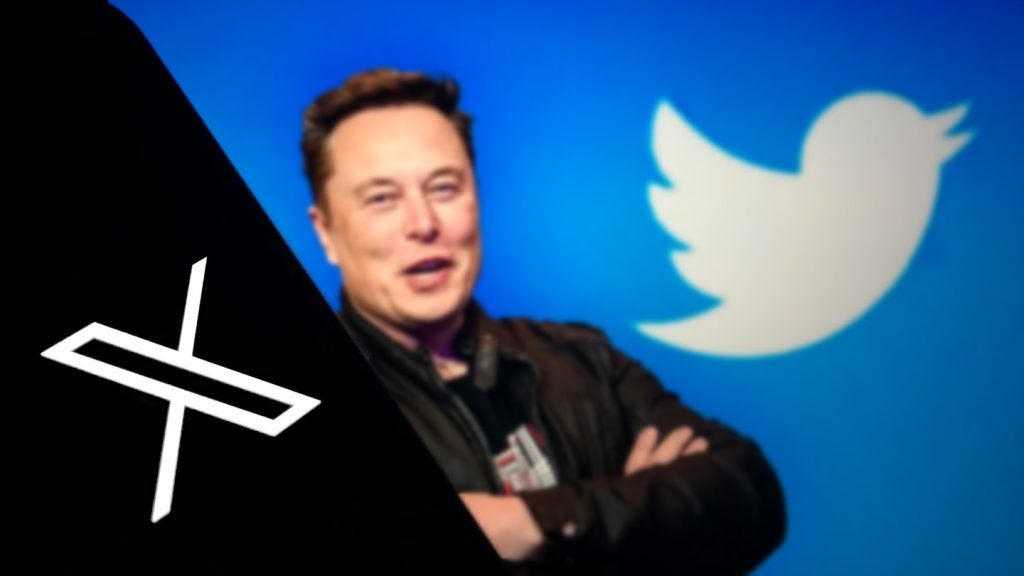
Facebook founder, Mark Zuckerberg said he supports the introduction of a universal basic income across the US.
A country with universal basic income guarantees every person a set minimum income regardless of age, wealth, job status, hometown, family size or any other criteria.
“Every generation expands its definition of equality. Now it’s time for our generation to define a new social contract,” Zuckerberg said during his commencement speech at Harvard University.
He dropped out of Harvard 12 years ago after launching the global social-networking website.
We should have a society that measures progress not by economic metrics like GDP but by how many of us have a role we find meaningful. We should explore ideas like universal basic income to make sure everyone has a cushion to try new ideas.
Some other successful Silicon Valley tech bosses agree with Zuckerberg.
How well do you really know your competitors?
Access the most comprehensive Company Profiles on the market, powered by GlobalData. Save hours of research. Gain competitive edge.

Thank you!
Your download email will arrive shortly
Not ready to buy yet? Download a free sample
We are confident about the unique quality of our Company Profiles. However, we want you to make the most beneficial decision for your business, so we offer a free sample that you can download by submitting the below form
By GlobalDataSam Altman, president of start-up incubator Y Combinator (YC), was one of the earliest proponents of a universal basic income.
Last June, YC launched a pilot experiment, paying the minimum wage to 100 families in Oakland, California.
“We should make it so no one is worried about how they’re going to pay for a place to live, no one has to worry about how they’re going to have enough to eat,” Altman said in April during a Commonwealth Club event in San Francisco. “Just give people enough money to have a reasonable quality of life.”
Tesla CEO Elon Musk also supports the provision of universal basic income.
“I think we’ll end up doing universal basic income,” Musk told the crowd at the World Government Summit in Dubai in February. “It’s going to be necessary.”
Is universal basic income provided anywhere around the world?
Recently, both Canada and Finland have decided to start providing basic income, although it is not available to all residents.
In January, Finland became the first country in Europe to give basic income to unemployed Finns aged between 25 to 58.
As part of the two-year, nationwide pilot scheme, 2,000 participants receive a guaranteed sum of €560 (£475) a month. The income replaces their existing social benefits and they continue to be paid even if they find work.
Unemployment in the Nordic country stands at 8.1 percent.
Last month, the Canadian province of Ontario launched a similar three-year pilot program involving 4,000 participants who can receive up to $12,616 annually. Couples can receive up to $17,867.
All those selected to take part are living on a low income in the cities of Hamilton, Thunder Bay and Lindsay.
“It’s not an extravagant sum by any means,” said Kathleen Wynne, Ontario’s premier when she announced details of the scheme. “But our goal is clear. We want to find out whether a basic income makes a positive difference in people’s lives. Whether this new approach gives them the ability to begin to achieve their potential.”
Ontario’s unemployment rate currently stands at 5.8 percent, the lowest it has been since January 2001, according to data from Statistics Canada published earlier this month.
However, not all countries believe that the government should provide a basic income to people struggling to make ends meet.
Nearly 77 percent of Swiss voters rejected a proposal to introduce a guaranteed basic income for all in a referendum last year.
Could universal basic income be introduced in the US?
It is unlikely that the US government will introduce a universal basic income program.
Florida and North Carolina have already reduced existing unemployment insurance benefits down from the 26 weeks paid out by most states to 13 and 12 weeks respectively.
Some commentators have also said the introduction of universal basic income would make people less likely to try to find work.
“UBI [universal basic income] would reduce work by reducing the need to work,” wrote Michael Strain in an article for the Washington Post last year. “In a UBI world, those who choose to work will support those who choose not to — not those who can’t work, but those who won’t.”
Others maintain that universal basic income is not realistic. It finds support among Silicon-Valley idealists, according to Lawrence Mishel, president of the Economic Policy Institute, a nonpartisan research center.
“It’s a misguided mission [ to introduce universal basic income],” said Mishel. “It’s a tech CEO view of the world that I think is distorted.”







